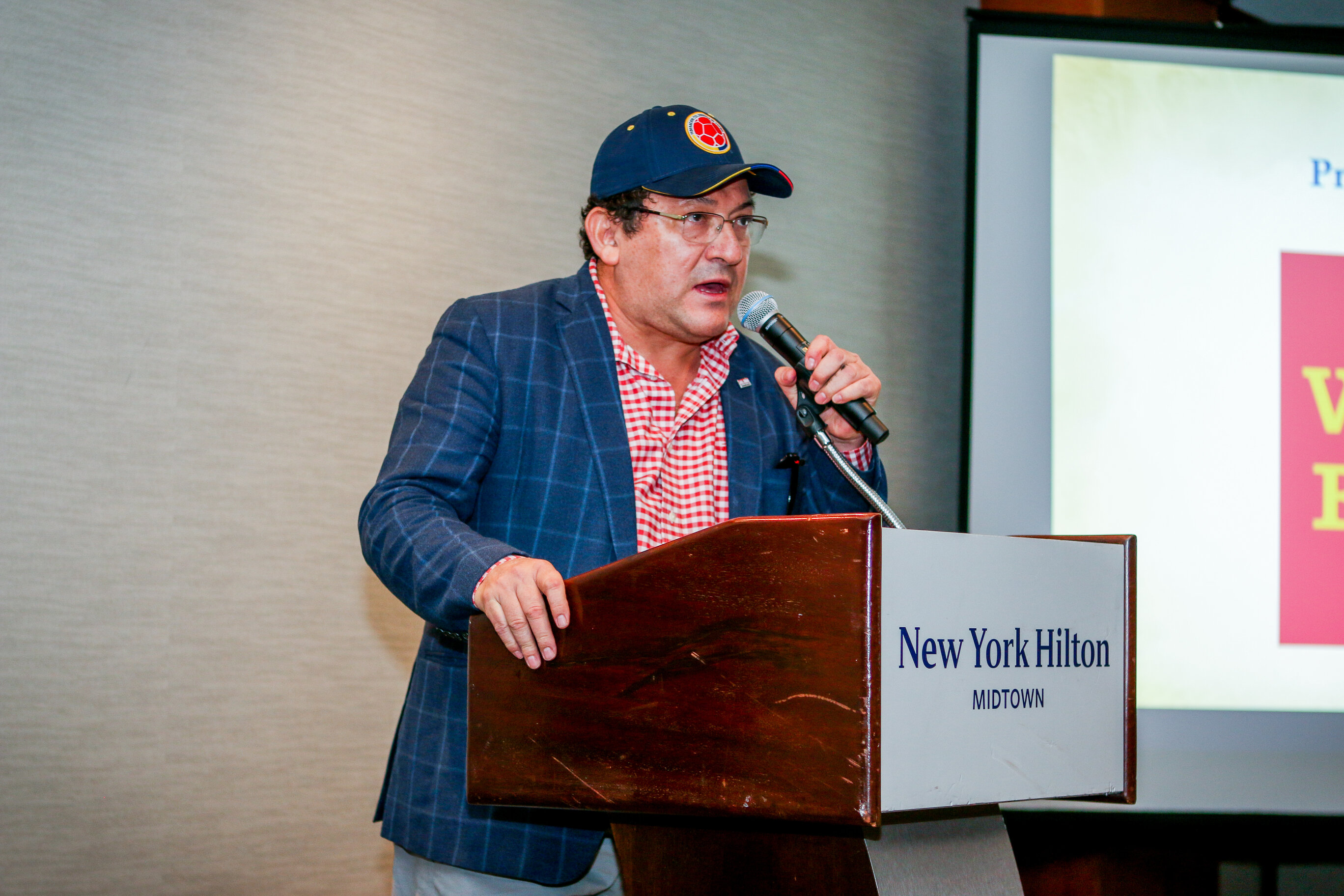
Hernán Guaracao, and the journey to building the AL DÍA Foundation
He saw a glaring need in the Latino community and set forth a vision to change the media landscape in Philadelphia.
When Hernán Guaracao decided to launch the AL DÍA Foundation in 2007, he did so because of a clear need in the Latino community.
While there was a prominent population in Philadelphia, the stories of the community were not reflective of reality.
In some instances, the Latino community was misrepresented and in others, nearly invisible altogether.
“What I thought was: what can we do about it?” Guaracao said in an interview.
The AL DÍA Foundation was then launched as an extension of AL DIA Inc. to provide the education and resources to train Hispanic and other journalists of color to acquire the ability to tell their own stories.
“The Foundation’s a place where our people finally had a place to learn a specialty that is not in the agenda of a Latino or a person of multicultural background to learn,” said Guaracao.
The narrative of being a Latino has often been relatively narrow and shortsighted.
“First of all, we don’t have in our program to become college educated people; professionals,” said Guaracao.
“Nobody has told us that’s something that you can do, so they settle for work in the neighborhood or not working at all,” he continued.
To Guaracao, the media and journalism has always been important, and especially so to give a more accurate voice and depiction of the Latino and diverse communities in Philadelphia.
However, through his personal experiences, he came to the realization that locally there were very few Latinos who had the experience and training in journalism to do so.
So he traveled to other states across the U.S., only to find the same patterns there, as well.
The lack of media and journalism education and access took shape as the main obstacles.
RELATED CONTENT
“The Foundation looked like the first step to take in order for us to tackle the big obstacle of developing any media enterprise in communities like ours,” said Guaracao. “And that was the sustained training of people for them to finally be empowered to tell their own stories.”
Through scholarships, internships, apprenticeships and fellowships, aspiring journalists have gotten the training and knowledge to begin their professional careers in the industry after receiving their academic credentials.
The goal of the Foundation is to not only develop professional journalists, but turn them into media leaders.
After more than a decade of developing the vision for the AL DÍA Foundation, the most fundamental steps are being taken to move forward with that vision.
“We’re excited about the future,” said Guaracao.
The importance of the Foundation is rooted in the reality that the diverse and multicultural communities that make up our society are the experts on the happenings of those communities.
On Nov. 1, 2021, the AL DÍA Foundation launched its official website, detailing the key goals and initiatives it will be working on over the next few years.
This includes continuing the coverage of the Latino community in Philadelphia, increasing representation of Latinos in the city’s media market, and providing trustworthy news to the diverse communities that comprise the city’s population.
Through the education and training of individuals with the desire to develop the journalism skills to tell their own stories, the Foundation will be able to grow and become the catalyst for the future of Philadelphia’s media ecosystem.
“We’re beginning to prove that by doing that, we can affect the media landscape and that we can affect public opinion because we have competent people able to do the job.”











LEAVE A COMMENT: